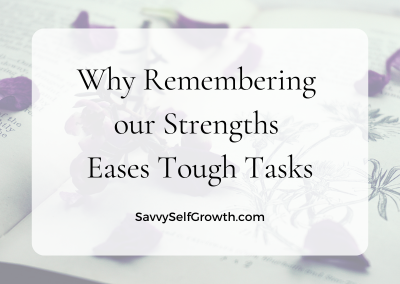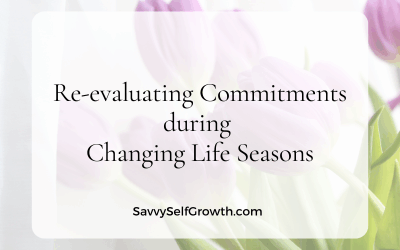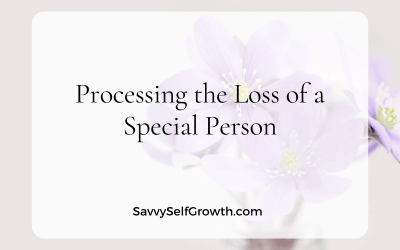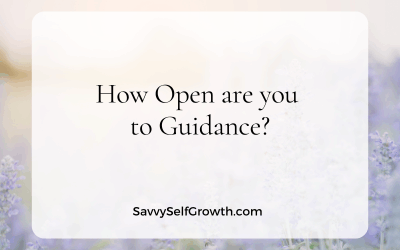Recently I said yes to a project that I expected to be effortless. It would use a bunch of skills and tools I feel very comfortable with: MS Excel, Powerpoint, Word, and on top of that, it would all revolve around material and knowledge I’m familiar with. “Easy peasy lemon squeezy”, I thought.
What I discovered though, was the project wasn’t about using those tools and skills. This story is about how I re-discovered how important it is to know and use our strengths in our daily work.
Waning Enthusiasm
I started the project feeling energized and enthusiastic. As the weeks went by, though, I noticed myself getting stressed. I lay awake at night, and every work session felt like ‘trying hard’ and effort. I struggled to make decisions, went round in circles, wasted time. It was like treading water — working hard but not going anywhere.
I felt foolish… like, “WHY am I struggling so much”? I know I’m smart in other areas… yet this work was proving unbelievably difficult for me. It reminded me of when I was doing badly at Maths in high school. It was so frustrating back then, as it was this time.
I’m sad to say, I started loathing the project. And still, I was determined to see it through for many reasons.
The Lightbulb moment
Finally one day it clicked.
This project wasn’t using my top 12 CliftonStrengths.
Boy, oh boy. 🙁
I laughed the minute I realised this. I teach this stuff, and yet I forgot to apply it in my own life! Fortunately the moment I realised it, I could include the strengths I do have for this project.
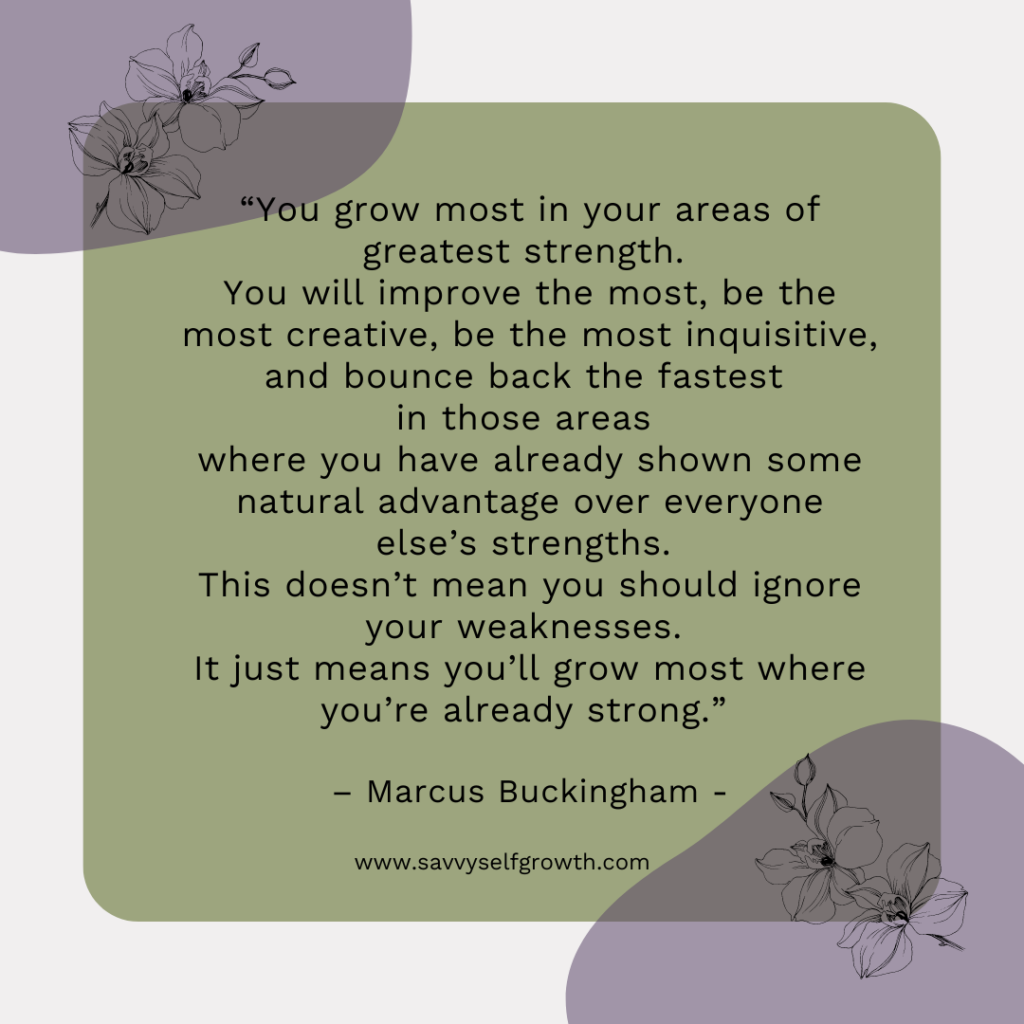
What I did to recover
I looked at all my talents and decided on these to help me enjoy the project:
Responsibility, Achiever, Discipline, Learner, Relator, Developer and Belief.
First, I set a target date for myself and immediately had more energy. Achiever loves goals, and ticking things off. Then, I made a work schedule, working backwards from the goal date. That gave me order and structure, and more boxes to tick. My Discipline talent is one of my middle-range well functioning talents (not quite in the Top 12) but I can still use it when needed.
Relator was happy — to still be able to support this good friend and beautiful colleague of mine. My Responsibility talents wanted to deliver and do what it said it would, so it felt satisfied. My Belief talent needed the WHY for this task — and I jotted down a whole bunch of reasons for staying with it. They all made me feel good.
My Learner talent would use this to learn new skills, and Developer would use this to grow as a person — and keep encouraging myself.
(Note – if you are not familiar with the Strengths terms like Achiever, Relator, Responsibility, Learner, Developer – go to this CliftonStrengths Playlist on YouTube and look them up. You might have fun discovering some of your own!)
The result:
I could keep going with this project with more ease, because some of my talents and strengths were now involved, too.
My story could stop here. But it doesn’t. There were still hard patches! Before I continue, a few important points:
Strengths wisdom
Life, and our work, can feel hard if we don’t use our strengths — and particularly if we have to use our non-patterns. Using our non-patterns make us feel weak, unmotivated, disinterested, disengaged — because that is not the way our brain is wired.
If we don’t use our strengths, we’re less creative, the work doesn’t flow, if feels like effort — in plain language, it’s draining. I was exhausted and exasperated at the end of every work session.
I started blaming and judging myself for finding it so excruciatingly hard. That’s an awful place to be — especially since 2 of my strongest talents (Achiever and Responsibility) want to finish what I started! It was not an option for me to stop or opt out.
When we know our strengths, we can choose work that aligns with that. And — if we do have tasks that don’t use our strongest talents, we can at least recruit our top talents to support us. Like I started using my talents in the story above.
Our own talents are not always enough
However, that may not be enough to get the job done. And that is where we need other people’s talents!
A friend and colleague who I love and admire, saw me struggling in our co-working sessions and she couldn’t keep quiet anymore. She offered a session that would help me gain clarity on where I’m struggling and what I could do about it.
And oh my word — what a useful session! I recorded a video testimonial for my dear friend Dorota Godby after that session — my relief was just so huge. This type of session might help you too — you can read more on that page. My testimonial is toward the end.
Shouldn’t we be able to do everything?
Nope. We can simply not be great at everything. There isn’t enough space in our brain for all those neural networks. And then, it’s lifesaving when we can rely on others who have strengths we don’t, to help us get past our difficulties.
There is no shame in that — in fact — it’s a wonderful, strong thing to do: to reach out when we feel weak and vulnerable and ask support from someone else who has the exact thing we need. I took too long to get support!
There is more detail in this video, where I talked about a work project being similar to being pregnant, and what we can do to alleviate the discomfort until the metaphorical baby is born.
(If you, like me, don’t have time to watch a video longer than 5 minutes, then watch it on 1.5 or 2 times the speed. It’ll sound a bit funny 😊 yet you’ll get the message!)
Summary:
As Marcus Buckingham said in the picture quote: “You grow most in your areas of greatest strength. You will improve the most, be the most creative, be the most inquisitive, and bounce back the fastest in those areas where you have already shown some natural advantage.”
This has been proven by many years of research by Gallup University and in a large study helping kids to improve their reading speed.
I’ve found it life-changing to know my talents — and this experience has highlighted for me yet again, why it is vital to know and use our strengths.
I do hope there might be a lightbulb for you. And if you don’t know your CliftonStrengths yet, may my experience serve as a little prompt to discover yours.

